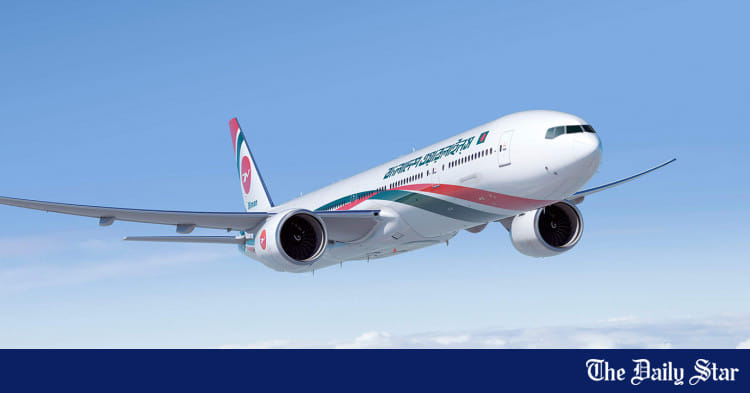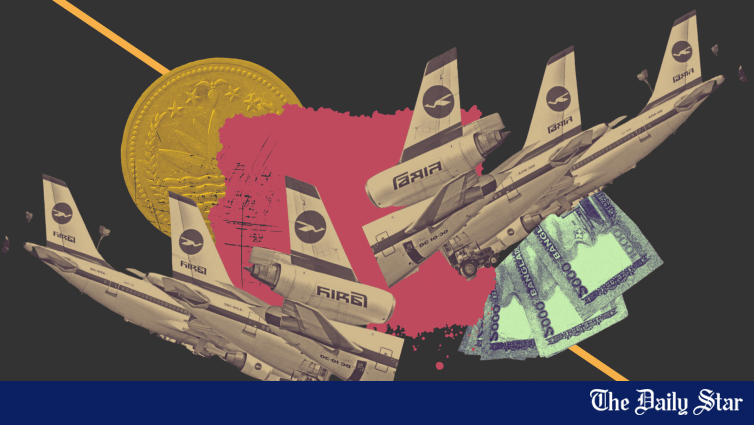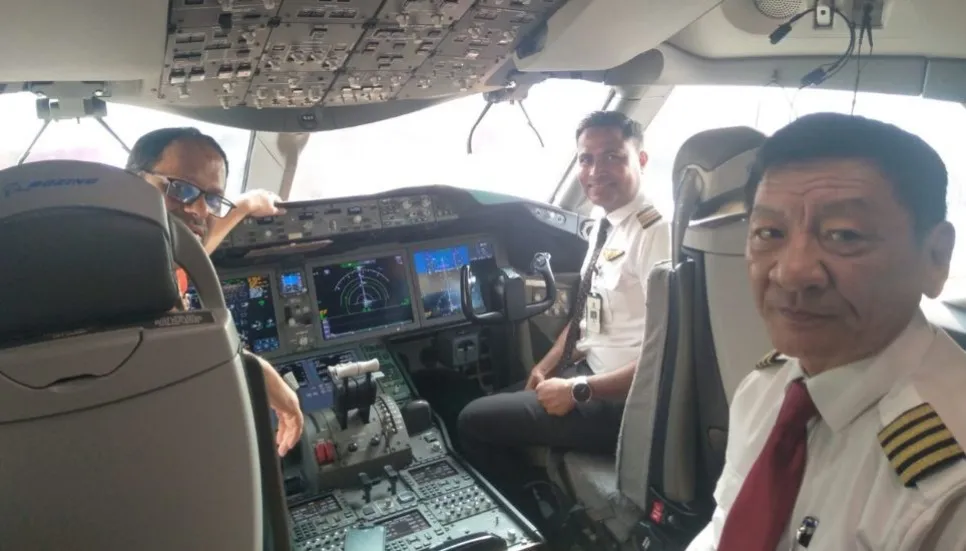Saif
Senior Member
- Messages
- 17,481
- Likes
- 8,403
- Nation

- Residence

- Axis Group


Biman does a 180 to buy Airbus planes
In January this year, Biman found that it would be making massive losses if it bought two Airbus A350 planes.
Biman does a 180 to buy Airbus planes
In 3 days reconstituted evaluation body finds purchase viable after old committee gave the thumbs down

Representational Image/Biman website
In January this year, Biman found that it would be making massive losses if it bought two Airbus A350 planes.
On April 22, a new appraisal committee took over the evaluation and, in only three days, concluded that it would be a profitable venture.
The Biman board has even given the go-ahead for the procurement of four Airbus planes, each costing around $180 million, based on the new calculations.
On multiple occasions throughout last year, Bangladesh gave its word that it would buy Airbus planes.
The final memorandum of understanding, which comes with a hefty non-refundable $5 million commitment fee per plane, was hinging on this techno-financial evaluation.
The national carrier would have to undergo an accumulated cash shortfall of up to $463.08 million throughout the lifetime (25 years) of the planes, the previous committee found after studying a proposal for six months.
Five months later, the evaluating committee was reconstituted by the Biman board, and the former head of the committee, Biman's engineering director, was changed. According to the board meeting minutes, the new committee was given three days.
The committee submitted a report on April 25 saying that buying two Airbus planes would be profitable. To achieve this complete U-turn, it based its calculations on a cabin factor that Biman has never been able to achieve -- up to 92 percent.
Cabin factor refers to the percentage of the seats filled on average.
This allowed the second committee to show increased revenue by 20 percent when compared to the evaluation of the previous committee.
In addition, the second committee said the Airbus planes would be profitable on only two routes – one of which is Dhaka to JFK Airport in New York.
To read the rest of the news, please click on the link above.
In 3 days reconstituted evaluation body finds purchase viable after old committee gave the thumbs down
Representational Image/Biman website
In January this year, Biman found that it would be making massive losses if it bought two Airbus A350 planes.
On April 22, a new appraisal committee took over the evaluation and, in only three days, concluded that it would be a profitable venture.
The Biman board has even given the go-ahead for the procurement of four Airbus planes, each costing around $180 million, based on the new calculations.
On multiple occasions throughout last year, Bangladesh gave its word that it would buy Airbus planes.
The final memorandum of understanding, which comes with a hefty non-refundable $5 million commitment fee per plane, was hinging on this techno-financial evaluation.
The national carrier would have to undergo an accumulated cash shortfall of up to $463.08 million throughout the lifetime (25 years) of the planes, the previous committee found after studying a proposal for six months.
Five months later, the evaluating committee was reconstituted by the Biman board, and the former head of the committee, Biman's engineering director, was changed. According to the board meeting minutes, the new committee was given three days.
The committee submitted a report on April 25 saying that buying two Airbus planes would be profitable. To achieve this complete U-turn, it based its calculations on a cabin factor that Biman has never been able to achieve -- up to 92 percent.
Cabin factor refers to the percentage of the seats filled on average.
This allowed the second committee to show increased revenue by 20 percent when compared to the evaluation of the previous committee.
In addition, the second committee said the Airbus planes would be profitable on only two routes – one of which is Dhaka to JFK Airport in New York.
To read the rest of the news, please click on the link above.






